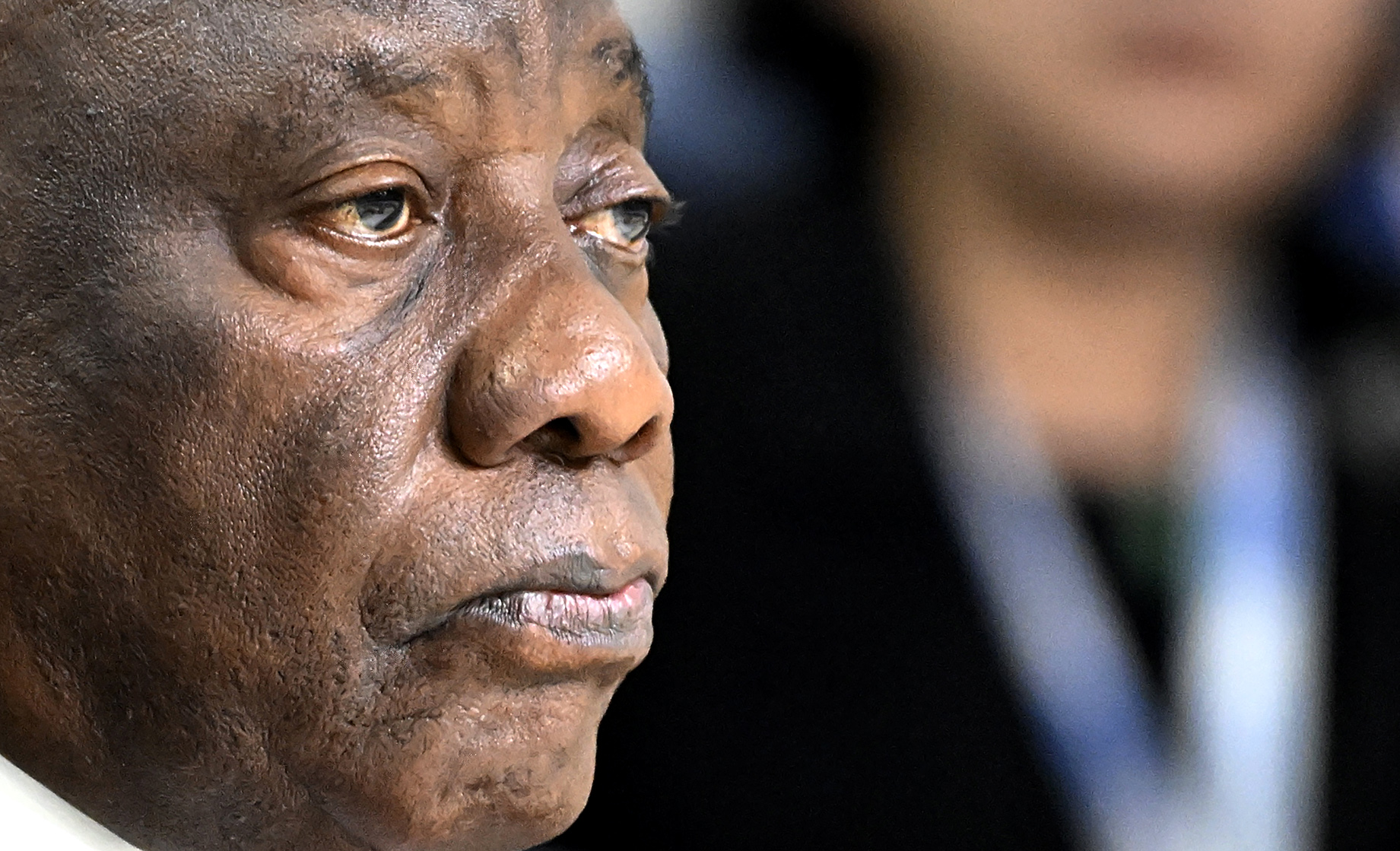As the ANC strives to regain the trust of the electorate after significant electoral losses, it has identified political education as a key priority — and all its members will now be required to complete a mandatory foundational course aimed at enhancing their intellectual capacity and moral orientation by December 2026.
The decision was announced during a special three-day National Executive Committee meeting at Birchwood Hotel at the weekend, as President Cyril Ramaphosa said the party had been grappling with a crisis of authority, legitimacy and trust.
The erosion of the ANC is evident as it suffered major electoral losses over the past few years, reflecting a decline in public support. In the 2019 general elections, the party secured just 57.5% of the vote, a drop from 62.2% in 2014.
This downward trend continued in the 2021 local government elections, where the ANC garnered only 46.5% of the votes, marking its worst performance in the history of democratic South Africa. In the May 2024 national elections, ANC support dipped to just 40.2 %.
Speaking at the launch of the mandatory course on Monday morning, Ramaphosa said it would help its members and the party in many ways, including getting rid of factionalism.
“There is evidence that when we do spread political education, our comrades become much sharper, much more committed, and it also sharpens and straightens out the ethics and the morals and the values of our organisation.
Factionalism
“It enables comrades to even rid our organisation of tendencies such as factionalism, it rids our organisation of deviant tendencies that could prevail, because in the main comrades will now be focusing more and more on the real issues that affect our organisation,” Ramaphosa said.
The head of the ANC’s political school, David Makhura, said all members old and new would be required to attend the course physically and to complete five modules, namely: the history of the ANC; the vision of the ANC for South Africa; the country and the world we live in today; the Constitution, the Bill of Rights and government; and the work of the ANC branch and the tasks and conduct of an ANC member.
The course would also be used as an induction programme and requirement for new applicants who were serving probation for six months, according to Makhura.
The course would help capacitate ANC leaders with skills to respond to the issues that communities grapple with, said Ramaphosa.
“This will help in ensuring that our comrades in addressing the challenges of our people are able to demonstrate depth, able to demonstrate knowledge, and are able to analyse all problems in greater depth, and with good understanding as well.
“Armed with this, the ANC is going to emerge much stronger and go back to the effectiveness that OR Tambo spoke about,” Ramaphosa said.
Beyond electoral losseses, the ANC came under heavy public scrutiny following the establishment of the Zondo Commission of Inquiry into State Capture, in which scores of its members were directly implicated in widespread corruption in the government and key institutions.
Investigations by the commision also revealed a range of corrupt practices, such as bribery and the manipulation of government contracts, which have greatly damaged public trust in the ANC.
Among those implicated in corruption scandals are former ministers Malusi Gigaba, David Mahlobo and Cedric Frolick.
Gigaba was implicated at the Zondo Commission for allegedly conspiring with former president Jacob Zuma and the Gupta family. Mahlobo, now the deputy minister of water and sanitation, was accused of bribing judges during his tenure as state security minister under “Project Justice”. The operation allegedly had a R1.8-million monthly budget and was aimed at influencing the judiciary. Mahlobo has denied the allegations.
Frolick, the chairperson of the House committee in the National Assembly, was accused of having dodgy dealings with Bosasa.
Addressing corruption allegations
In an effort to improve its image and address the corruption allegations, the ANC took a resolution that all implicated members must appear before the Integrity Commission, which advises the National Executive Committee on issues that affect the public image and reputation of the ANC.
Some members of the party, however, snubbed the instruction. At the weekend the committee made a decision for them to be referred to the National Disciplinary Committee.
Ramaphosa said the National Executive Committee (NEC) had resolved that all integrity commission reports must be brought to finalisation.
“The NEC considered all reports of the integrity commission. The NEC noted that several reports have been implemented while others have been overtaken by some events. The NEC directed the secretary-general to process those recommendations that were accepted by the NEC and to provide a report to the integrity commission on these matters,” he said.
Following criticism on the effectiveness and functions of the commission, the NEC resolved to amend the integrity commission’s terms of reference to better define its responsibilities. DM





